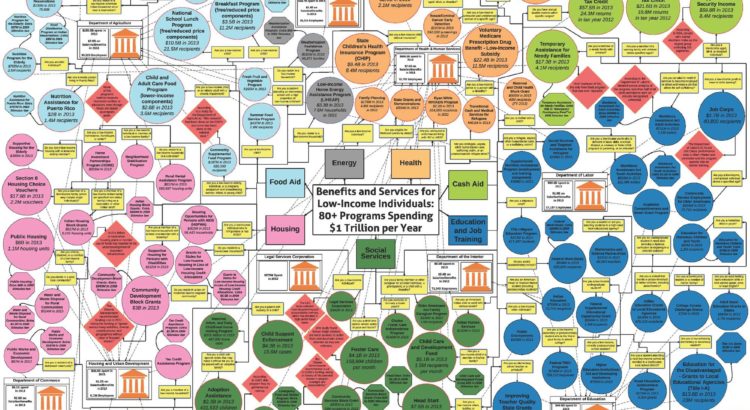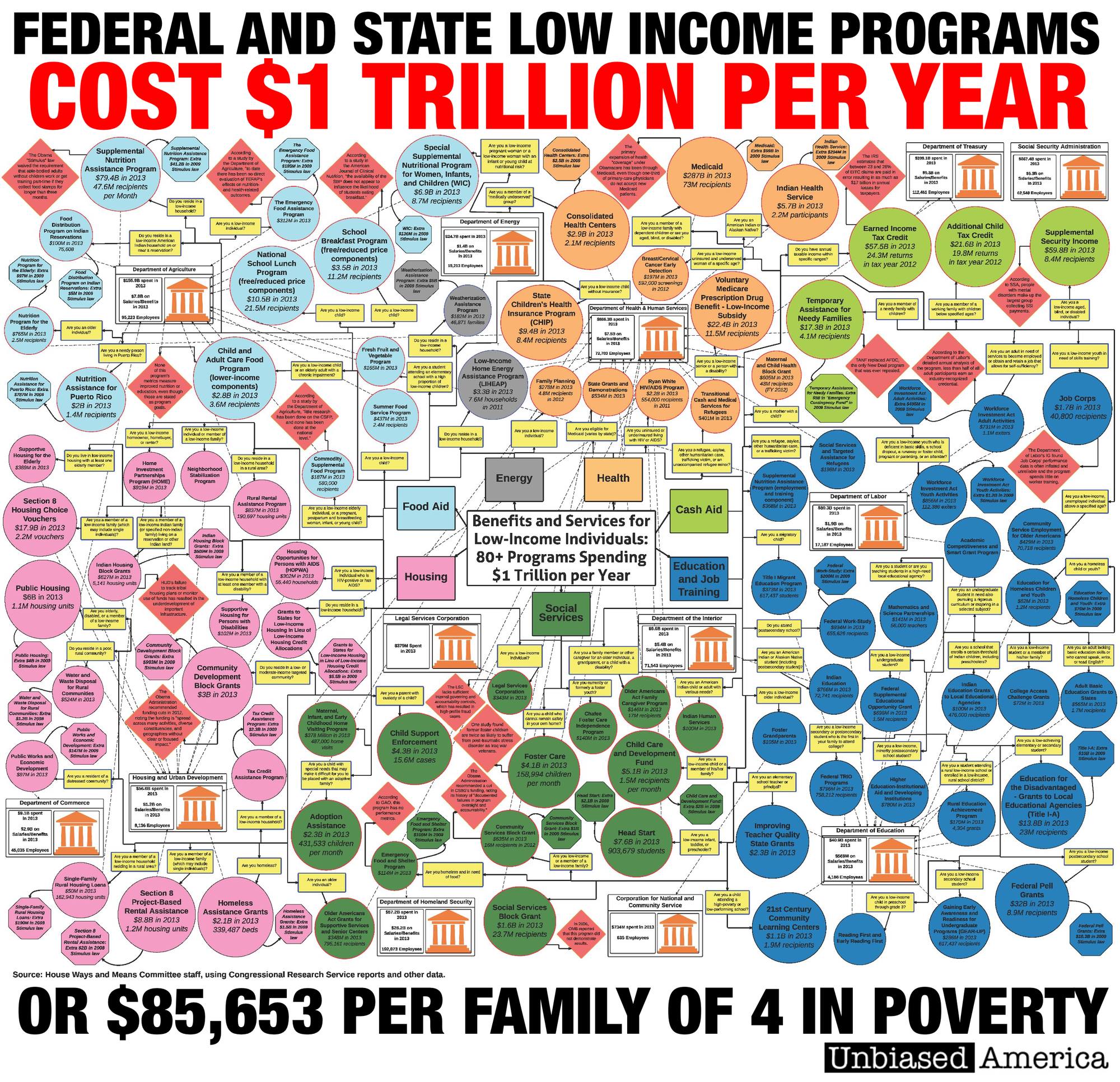 February 11, 2011 Large oil companies don’t need tax subsidies when oil prices are high, a former CEO of Shell Oil said Thursday.
February 11, 2011 Large oil companies don’t need tax subsidies when oil prices are high, a former CEO of Shell Oil said Thursday.
“In the face of sustained high oil prices it was not an issue—for large companies—of needing the subsidies to entice us into looking for and producing more oil,” John Hofmeister told National Journal Daily.
Hofmeister retired from Shell in 2008 and founded the group Citizens for Affordable Energy. He testified to a House subcommittee Thursday on how Egyptian unrest affects oil prices.
Before that hearing, he told Rep. Edward Markey, D-Mass., in a private conversation that big oil companies don’t need government help. Markey mentioned Hofmeister’s comment in a news conference later Thursday when introducing legislation eliminating $5 billion worth of subsidies to the major oil and gas companies. “He told me that privately [Thursday] but that he would say that in public if asked to do so,” Markey said after the news conference.
The issue didn’t come up in the hearing, but Hofmeister confirmed to National Journal Daily he had said that to Markey. “I told him that my overall position on that topic has not changed from testimony I gave back in 2008 when we had the very high gasoline prices,” said Hofmeister, who testified in several hearings during the spring and summer of 2008 when he was CEO of Shell. He noted that other executives of major oil companies who testified then echoed the sentiment.
Hofmeister’s comments come at a time when Democrats in both chambers of Congress are calling out Republicans for their continued support for the subsidies while pledging to slash funding in almost every area of the federal government. Republicans have not and almost certainly will not cut the subsidies despite this political pressure. The GOP and the American Petroleum Institute say that the subsidies are necessary so jobs in the industry aren’t lost or shipped to other countries.
For the major companies like Shell, Chevron, BP, ConocoPhillips, and Exxon, that doesn’t appear to be true.
Hofmeister said the range at which large oil companies don’t need subsidies is around $70 a barrel or higher. Brent crude oil closed Thursday at slightly higher than $100 a barrel.
“The fear of low oil prices drives some companies to say that subsidies should be sustained,” Hofmeister said. “And my point of view is that with high oil prices such subsidies are not necessary.” Hofmeister stressed that he was not talking on behalf of Shell or any other oil company.
“If prices revert to very low levels, it may take such subsidies to keep drilling,” Hofmeister added.
He also pointed out that small companies need the subsidies at all times. “Independent companies operate under different economic parameters and generally don’t have the resilience and a big expensive well that they can depreciate quickly.”
To that end, Markey’s legislation, which is co-sponsored by other House Democrats including Rep. Earl Blumenauer, D-Ore., excludes small, independent companies. Yet Hofmeister said that proposal would be illegal since it targets specific companies over others.
“I think that’s discriminatory,” he said. “It’s a much more complicated subject. Any bill that is discriminatory against specific companies would be found to be illegal.”
Hofmeister made headlines this month when he predicted gasoline prices could reach $5 per gallon by 2012. His prediction is only getting closer in light of heightened unrest in Egypt and President Obama’s continued push for what Hofmeister sees as a backward offshore drilling policy.
“If we stay on our current course in this country where we refuse to drill, we make it even more difficult to acquire new leases in this country coupled with international turmoil, the current path is only aggravating that and making it worse,” Hofmeister said. “We could reach that [$5 gasoline] sooner.”
Source: http://web.archive.org/web/20150102140723/http://www.nationaljournal.com/daily/ex-shell-ceo-says-big-oil-can-live-without-subsidies-20110211






 February 11, 2011
February 11, 2011